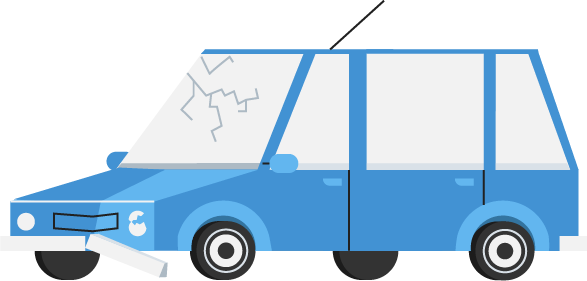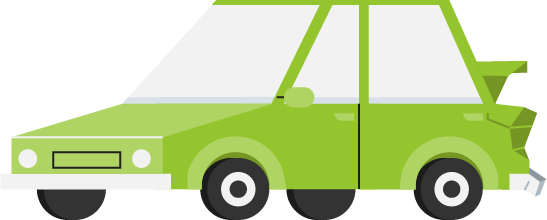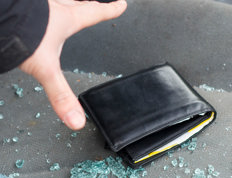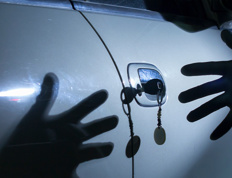Your insurer bases its calculation of the value of your vehicle on comparable models available on the market. If your own research suggests a different amount, you can discuss it with your insurer. If necessary, contact the Insurance Information Centre for free advice.
Total loss vehicle: what you need to know

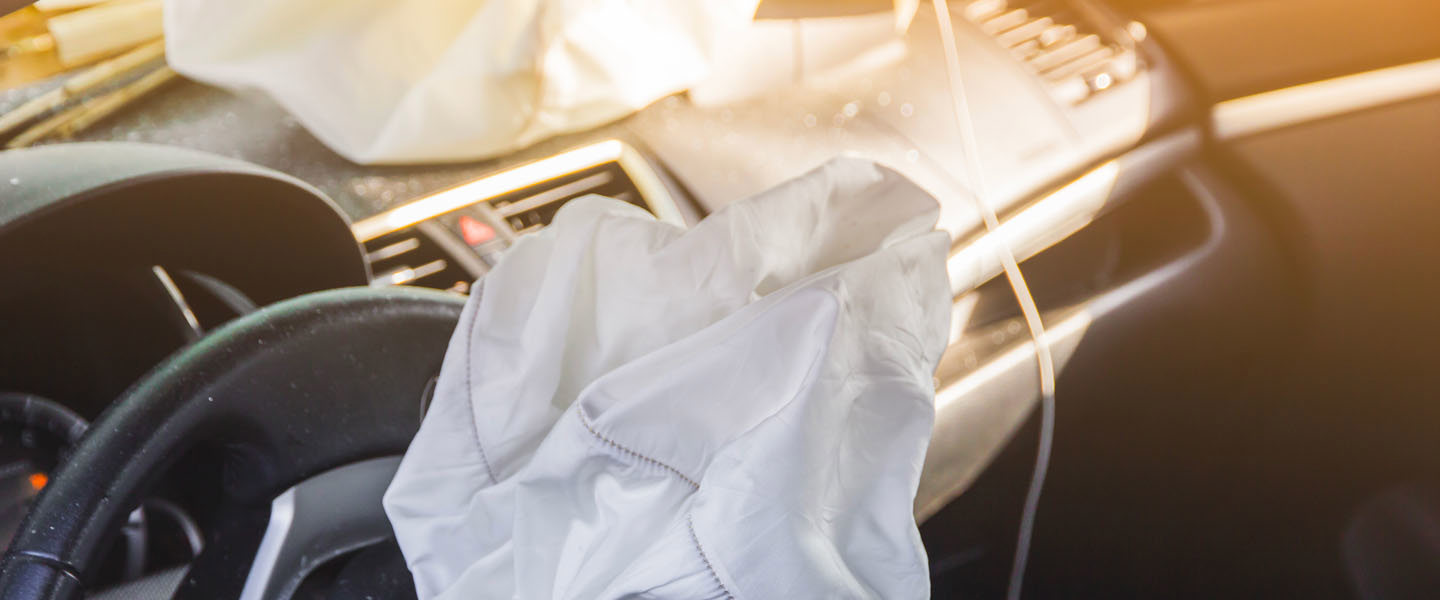
Total loss. These two words usually mean end of the road for your damaged vehicle. At what point does your insurer no longer consider it worthwhile to repair your vehicle? What happens next? Is there anything else you can do? Here are the answers.
What does “total loss” mean?
In the event of a loss, an automobile damage appraiser employed by your insurer will estimate the cost to repair your vehicle to a state where it is safe to drive. The estimate takes into account the type of damage (e.g. structural or aesthetic), among other things. Generally, if the cost of work exceeds the value of your vehicle—based on its age, overall condition and market value on the day of the event—your insurer will declare it a “total loss.”
The decision to repair your vehicle or not always rests on the insurer. Your insurance company may consider your vehicle a total loss even if the cost of work is lower than its value, if it believes that additional damage may be discovered during repairs.
Two types of total losses
A total loss vehicle is assigned one of two statuses according to SAAQ criteria:
- Severely damaged vehicle (SDV): Your vehicle can be rebuilt and put back on the road after a satisfactory inspection by an authorized SAAQ agent. A recycler can also acquire your vehicle, rebuild it in accordance with the original estimate, and, once the inspection is complete, resell it.
- Unrebuildable: If the damage is too extensive for your vehicle to be rebuilt and put back on the road in a safe state, it will instead be sold for its remaining intact parts. This is often the case when a vehicle is flooded or damage by water—many electronic, mechanical, safety or finishing components cannot be repaired, but some sheet metal pieces do remain in good condition.
Don’t agree with the payment your insurer is offering?
How much is a total loss vehicle worth?
Your insurer determines the claim payment that you’re entitled to based on your liability in the incident and your policy’s coverage. If you have a replacement cost endorsement, you will receive an amount to purchase a new vehicle.
You cannot repair a total loss vehicle yourself
Once payment is issued, your insurer usually sells your damaged vehicle to a recycler such that it’s not possible to keep it and repair it yourself. Poor workmanship or calibration of certain components can also make such a vehicle very dangerous to drive. If you still want to repair your vehicle yourself, discuss it with your insurer.
auto insurance
damage
total loss
damage appraisal








